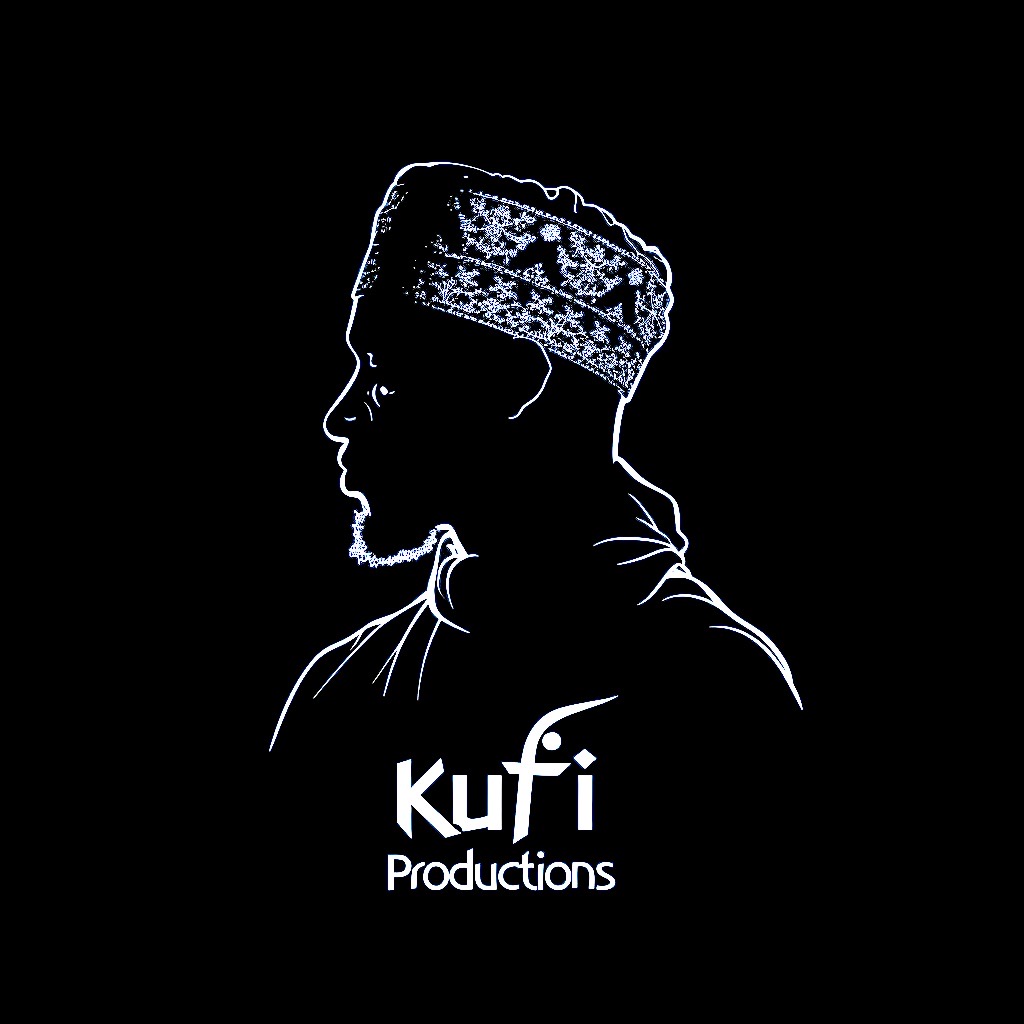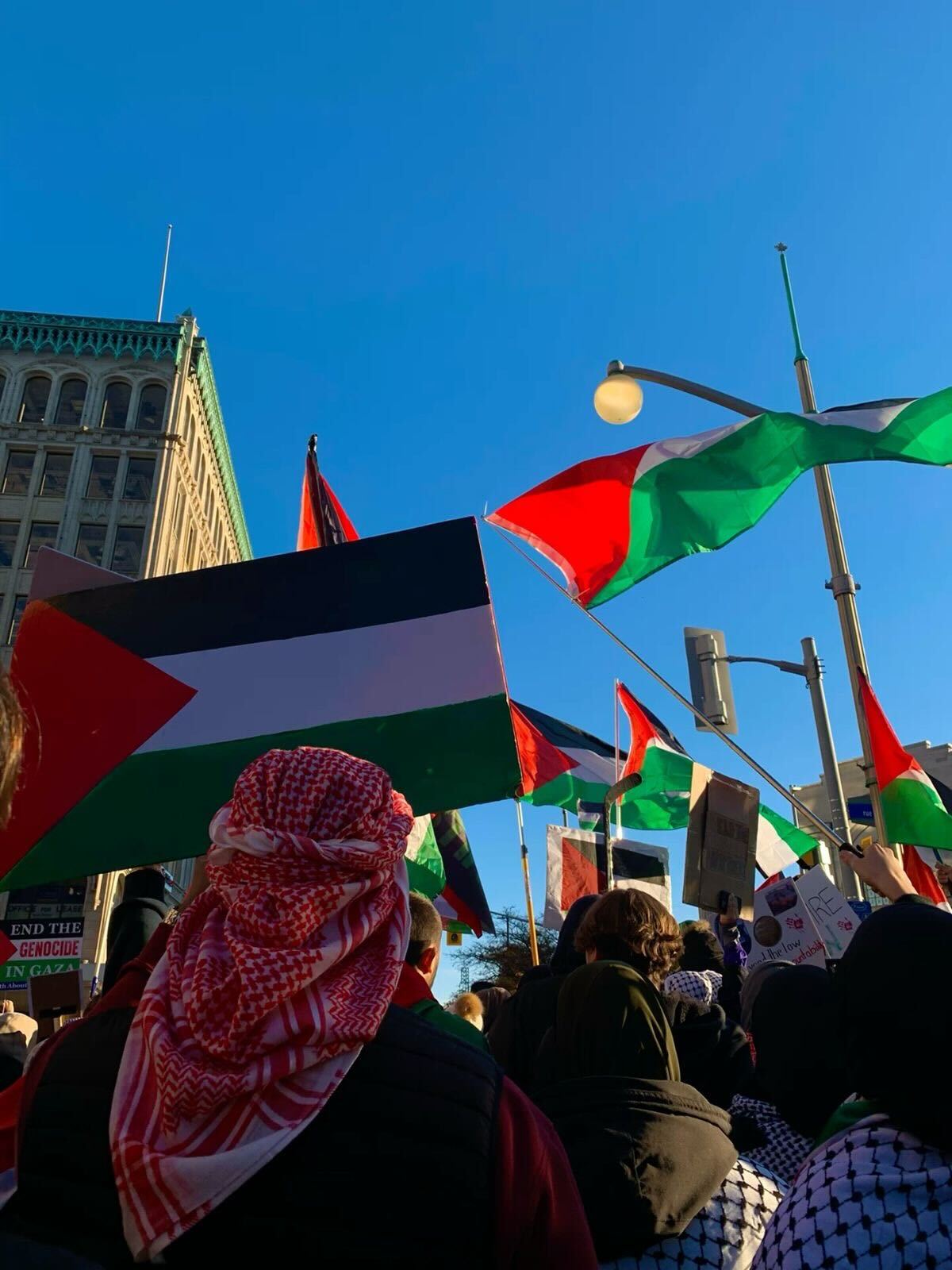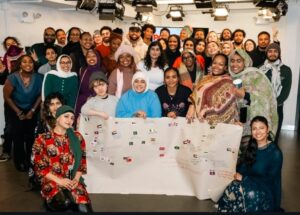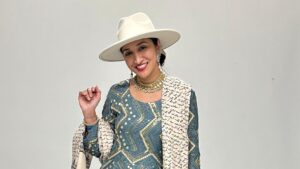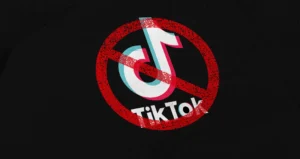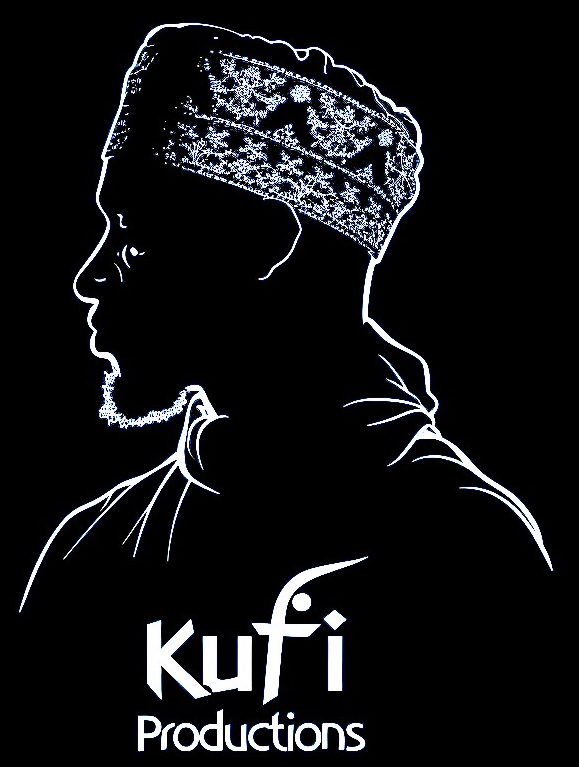Considering what is happening in the world today, Valeria Bassot often feels that her story is not worth telling… but here it is.
Valeria grew up in a tiny village in northern Italy, where winters are long, summers are rare, and gossip is the favorite pastime. From an early age, she knew she wanted more. At 16, she moved to the US to study English, one of the best summers of her life—though she didn’t know it then, it was the beginning of an entirely new life.
For years she went back and forth, spending summers in Boston and the rest of the year in Italy. As soon as she could, she moved permanently to the US. She has now lived there longer than in Italy, and she feels caught between the place where she was born and the place where she was formed. The US has given her so much. It is not perfect—especially now—but it is where she feels at home.
One summer in Boston, she met a carefree, vibrant, and beautiful Pakistani girl who became her first real connection to Islam. Her family treated Valeria like a daughter—a completely foreign experience for her. Though she admired their warmth, Islam still felt too distant to embrace. Instead, she briefly joined a Bible study group, partly to meet people and partly out of curiosity, but Christianity too felt foreign, almost “funny” to her.
Years later, when she returned to Italy, she realized she no longer fit in. She felt too American. During those two years of trying to find her way back to the US, she met a vivacious Lebanese medical student—who would later become her husband. Crazy enough to follow her across the ocean, he came with her to build their life in the States.
Through him, Valeria was introduced to Islam in a deeper way. At first, she struggled—especially with belief in the unseen. Beyond the certainty of a Creator, everything else felt like stories. Yet, she admired the discipline of Islamic life and the trustworthiness it fostered. Her husband’s sincerity “for the sake of Allah” gave her a sense of security she had never known. She tried praying, though she didn’t feel much. He would remind her that faith takes time, that building a relationship with Allah is a journey. Only now does she truly understand what he meant.
Fast forward 23 years: their marriage ended, and their paths diverged. Around that same time,the genocide in Gaza was unfolding before the world’s eyes. Amid her personal chaos, Valeria witnessed unspeakable crimes against the most resilient people on earth.
She had been to Lebanon and knew of the Palestinian struggle, but her understanding had been shallow. She had protested for Palestinian liberation before October 7th, yet realizes now how strong the propaganda was and how much the world was kept in the dark. Watching events unfold, she could no longer complain about her own life. She felt compelled to act.
Valeria began donating widely, following non-Zionist media, and seeking ways to reach those most in need—especially families caught in the gray zone between destitution and having relatives abroad. It was then that Islam began to crystallize for her—not just as a religion but as a way of life, a foundation, a rock to lean on no matter what.
She recalls Imam Omar Suleiman once saying that the word Imam means “to lead,” and that today, the Palestinians are our imams. That struck her deeply. She decided to follow them. Soon after, she took her shahada—Alhamdulillah—and never looked back.
Valeria’s Italian husband not only converted to Islam, but is now working with his local community to build a mosque in his hometown. As a structural engineer, he is overseeing the project and its realization.
In the end, Valeria’s journey is not only about leaving one place for another, or even about embracing a new faith—it is about finding a home in conviction, a family in humanity, and a purpose in resilience.
Her path reminds us that faith is not inherited, nor imposed; it is discovered in moments of truth, in the struggles of others that awaken our own, and in the courage to follow the light once we see it.
For Valeria, Islam became that light. And Palestine became its mirror—reflecting strength, sacrifice, and the power of unwavering belief.
Alaa Alburai, Kufi Productions
